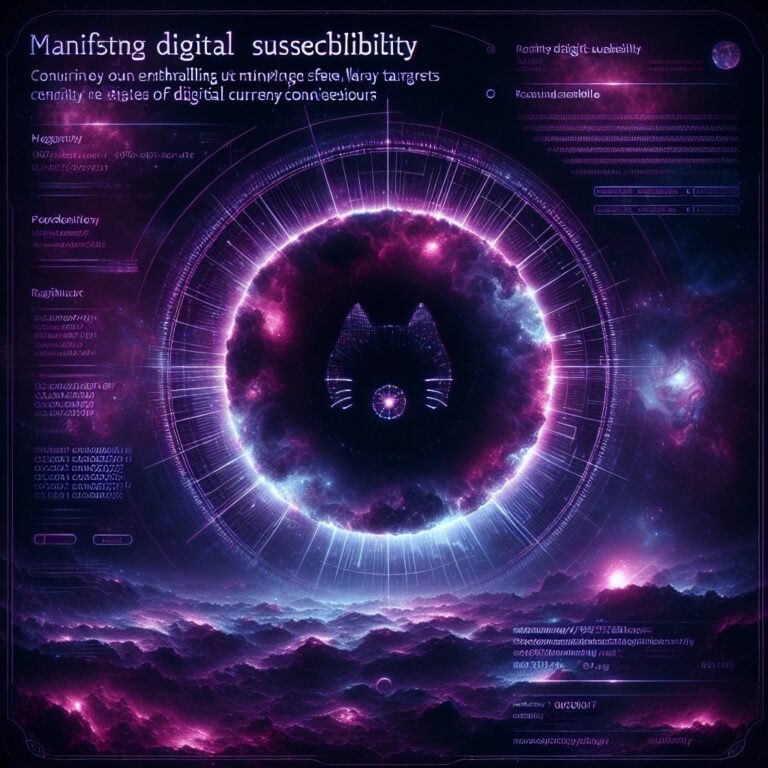In a chilling development for cryptocurrency enthusiasts, cybersecurity firm Kaspersky has identified a new malware campaign targeting unsuspecting users. Dubbed “SparkKitty,” this malicious software is on the prowl for crypto seed phrase screenshots—an unsettling twist that has been lurking since early 2024. The malware appears to be a cousin of the notorious SparkCat, which has sown chaos in the cryptosphere in the past.
Unpacking the Threat
SparkKitty’s emergence has raised eyebrows across the crypto community. Unlike traditional malware that targets banking credentials or personal information, SparkKitty is laser-focused on crypto seed phrases—the keys to a user’s digital kingdom. These phrases are the lifeline for accessing cryptocurrency wallets, and their theft could lead to catastrophic financial losses.
According to Kaspersky’s report, SparkKitty doesn’t act alone. It seems to share a lineage with SparkCat, a predecessor known for its similar modus operandi. “We’ve traced SparkKitty’s roots back to at least early last year,” explains Dmitry Bestuzhev, a cybersecurity expert at Kaspersky. “The sophistication of this malware indicates it might have been developed by the same group responsible for SparkCat.” This follows a pattern of sophisticated attacks, as explored in our recent coverage of North Korean hackers targeting crypto firms with malware.
How Does SparkKitty Work?
Here’s the catch: SparkKitty is cunning in its execution. The malware disguises itself within seemingly harmless software applications, silently infiltrating devices. Once inside, it lies in wait, monitoring for any instances of crypto seed phrases being captured. Screenshots are intercepted and relayed back to the attackers, who can then exploit this sensitive data at their leisure.
This strategy is particularly alarming because many crypto users, especially newcomers, may not fully grasp the importance of safeguarding their seed phrases. “It’s a clever attack vector,” notes Sarah Thompson, a blockchain security analyst. “People are often conscientious about not writing down their seed phrases in digital notes, yet they might overlook the vulnerability posed by screenshots.” For a deeper dive into similar tactics, see our coverage of North Korea targeting crypto workers with info-stealing malware.
Ripple Effect on the Crypto Market
The implications of SparkKitty extend beyond individual losses. The broader cryptocurrency market, already known for its volatility, could face additional turbulence. Investors often react skittishly to security breaches, and news of widespread seed phrase thefts could exacerbate market jitters.
Moreover, platforms hosting crypto-related applications may see increased scrutiny. Exchanges and wallet providers might be pressured to enhance their security measures to reassure users. We could witness a shift toward more robust, user-friendly security protocols, as platforms race to protect their customers from similar threats.
Looking Back, Looking Forward
The emergence of SparkKitty is a stark reminder of the ongoing cat-and-mouse game between cybersecurity experts and malicious actors. The crypto world has long been a lucrative target for cybercriminals, given the pseudonymous nature of transactions and the irreversibility of blockchain records. As such, the community has had to adapt continuously to new threats.
Looking ahead, the threat landscape is likely to evolve with increasing sophistication. As blockchain technology becomes more integrated into mainstream financial systems, the importance of cybersecurity cannot be overstated. Innovations in blockchain security, from multi-signature wallets to hardware solutions, may become more prevalent as users seek ways to outsmart the ever-adaptive malware.
For now, SparkKitty serves as a cautionary tale for crypto users to remain vigilant. It underscores the need for ongoing education about security best practices, such as using cold storage solutions and enabling multi-factor authentication. The battle for digital security is far from over, and the community must stay agile to safeguard its assets.
In conclusion, while SparkKitty’s full impact remains to be seen, it undeniably adds another layer of complexity to the already intricate world of cryptocurrency. As we move deeper into 2025, the crypto community must brace itself for an ever-evolving landscape where security is as paramount as the digital assets it protects.
Source
This article is based on: SparkKitty malware wants your crypto seed phrase screenshots
Further Reading
Deepen your understanding with these related articles:
- CoinMarketCap Briefly Exploited With Wallet Phishing Pop-Up Message
- Dogecoin Insider Issues Crucial Seedphrase Security Warning
- ‘Pro-Israel Hacker Group’ Drains, Burns $90 Million From Iranian Bitcoin Exchange

Steve Gregory is a lawyer in the United States who specializes in licensing for cryptocurrency companies and products. Steve began his career as an attorney in 2015 but made the switch to working in cryptocurrency full time shortly after joining the original team at Gemini Trust Company, an early cryptocurrency exchange based in New York City. Steve then joined CEX.io and was able to launch their regulated US-based cryptocurrency. Steve then went on to become the CEO at currency.com when he ran for four years and was able to lead currency.com to being fully acquired in 2025.


